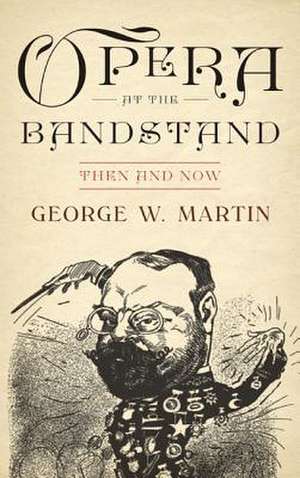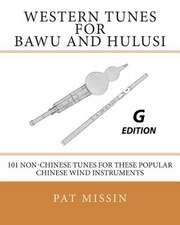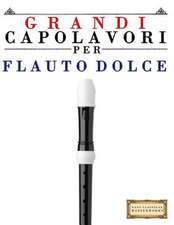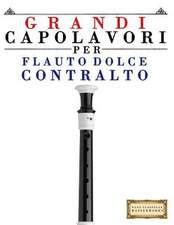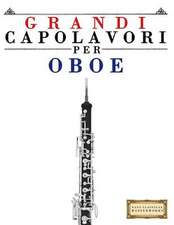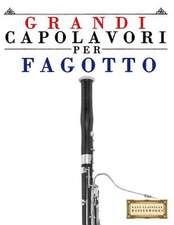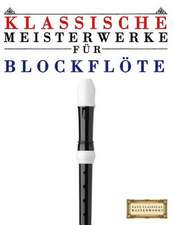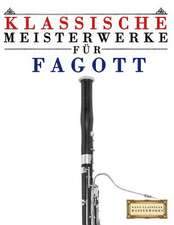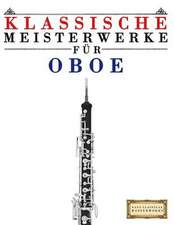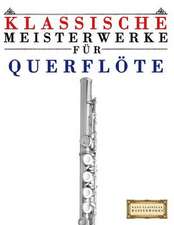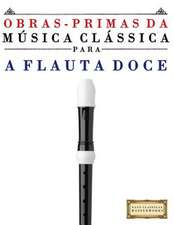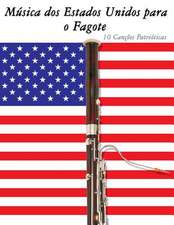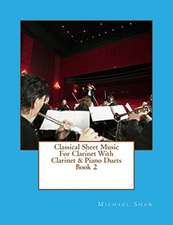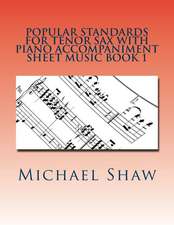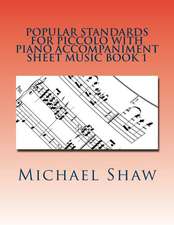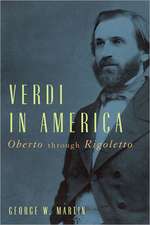Opera at the Bandstand
Autor George W. Martinen Limba Engleză Hardback – 5 dec 2013
Preț: 801.73 lei
Preț vechi: 1098.26 lei
-27% Nou
Puncte Express: 1203
Preț estimativ în valută:
153.41€ • 160.17$ • 126.97£
153.41€ • 160.17$ • 126.97£
Carte tipărită la comandă
Livrare economică 04-18 aprilie
Preluare comenzi: 021 569.72.76
Specificații
ISBN-13: 9780810888531
ISBN-10: 081088853X
Pagini: 254
Ilustrații: 45 black & white halftones
Dimensiuni: 155 x 231 x 25 mm
Greutate: 0.54 kg
Editura: Rowman & Littlefield
ISBN-10: 081088853X
Pagini: 254
Ilustrații: 45 black & white halftones
Dimensiuni: 155 x 231 x 25 mm
Greutate: 0.54 kg
Editura: Rowman & Littlefield
Notă biografică
By George W. Martin
Descriere
In Opera at the Bandstand: Then and Now, George W. Martin surveys the role of concert bands during the nineteenth and early twentieth centuries in making contemporary opera popular. He also chronicles how in part they lost their audience in the second half of the twentieth century by abandoning operatic repertory.
